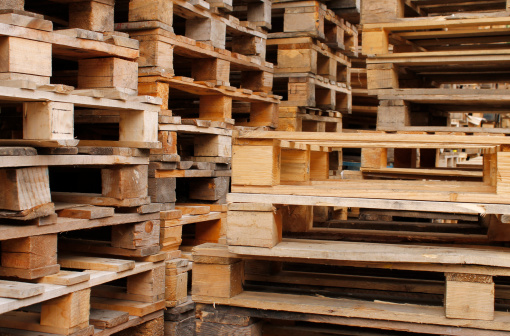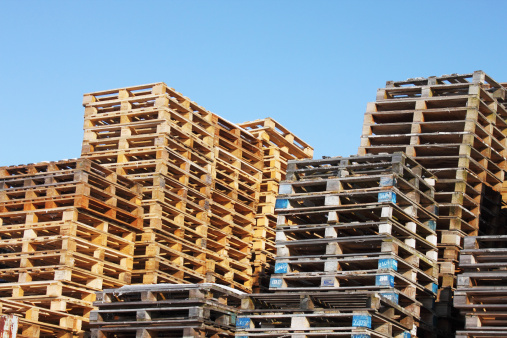The IPPC protects against the transport of invasive species across borders. Because invasive species present a tremendous danger to native tree populations, the regulations of ISMP-15 are strictly enforced for all pallets that cross borders. The penalties for inadequately treated pallets can impact both the shipper and the pallet manufacturer.
What is the IPPC?
IPPC stands for the International Plant Protection Committee. Its mission is to protect the plant populations world-wide from the destructive effects of invasive species. One of the focuses of the IPPC is to prevent the import and export of these species through enforcement of the International Phytosanitary Measures (ISPM), which directly address the concern over organisms in wood. ISPM-15 is specific to wood packaging, and therefore pallets fall under its requirements.
The Enforcement of ISPM-15
The ISPM-15 enforcing agency in the United States is known as APHIS – or the Animal and Plant Health Inspection Service. They have the authority to penalize noncompliant shippers and pallet manufacturers. The American Lumber Standards (ALS) Committee is in charge of enforcing the “Heat Treat” portion of the standard. They monitor compliance through third party agencies that perform inspections on the way in which pallet manufacturers are treating their pallets. These agencies have stamps that the manufacturers or recyclers pay to use, and if a manufacturer/recycler is not meeting standards the stamp may be taken away for a certain period of time. Adherence to the IPPC standards are thus interpreted and enforced at the ALS Committee level.
As a pallet customer, it is important to know that your manufacturer is performing ISPM-15 treatment correctly. If a border inspection finds that a pallet is non-compliant, then they could hold up your entire shipment. You may also be subject to fines and penalties. It is critical that you ensure each and every pallet is stamped correctly with the mark indicating ISPM-15 compliance. Even if pallets have been treated, if they are not properly stamped, they will not be permitted to cross the border.
Loopholes in Enforcement
Unfortunately for the environment and for the pallet industry, there are a few bad apples that try to get around the system – and hurt the industry as a whole as a result. Heat treatment and chemical treatment add an extra cost to the production of the pallet, and some manufactures may stamp an untreated pallet just to save money. While this is risky on their part, it also puts their customers in a bad position. New pallets are not usually the source of the issue, but recycled pallets are much more likely to be wrongly certified. Whenever a pallet is recycled for use in export, the old ISPM-15 mark is required to be obliterated and the pallet re-treated and re-stamped. Unfortunately this does not always happen, and so the pallet may cross several borders with the original treatment stamp.
Any time an issue is identified during the pallet inspection process, delays occur and a shipment may even be refused outright. Companies can stand to lose quite a bit of money if ever a pallet in a shipment is found not to be compliant with the IPPC standards. While enforcement exists to keep pallet manufacturers responsible to the environment, there are some providers that attempt to cheat the system. Make sure that your pallets comes from a reputable pallet manufacturer, that the stamp is applied correctly, and that your recycled pallets have, in fact, been re-treated and re-stamped before shipping them.





